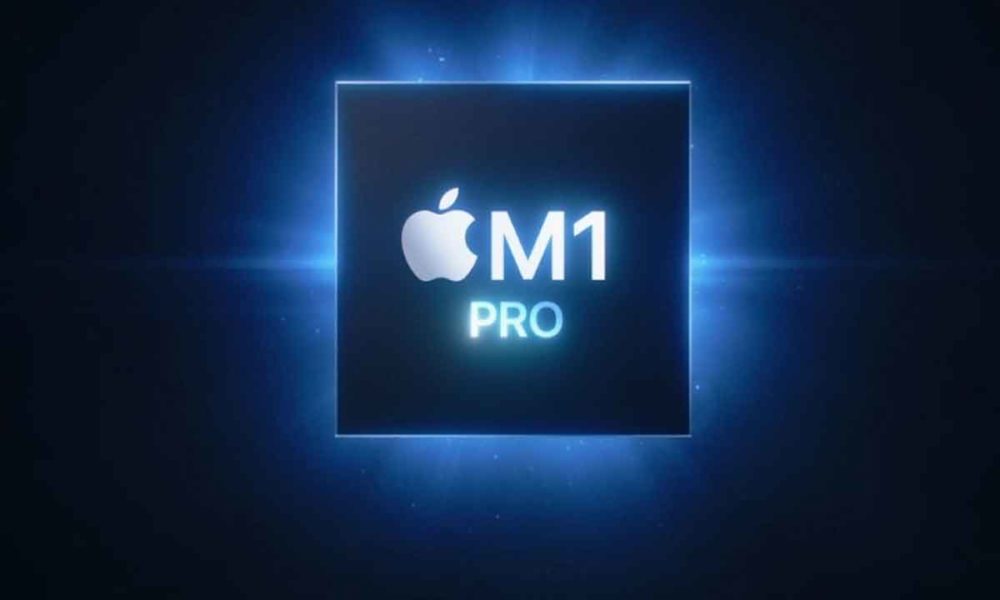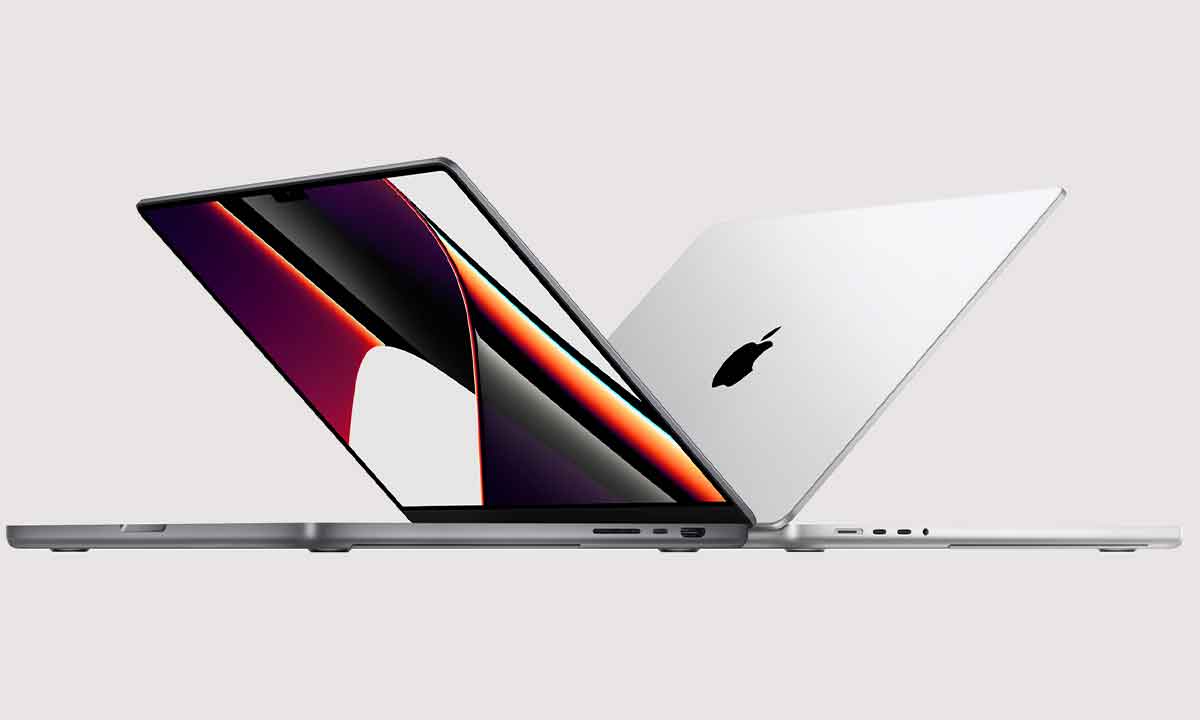
Since the announcement of Apple Silicon, knowing if using Linux on Apple M1 would be possible or not has been one of the recurring questions. And it is logical, since as in the case of Windows, both operating systems were based on the x86 architecture of the processors used by Apple in recent years. By abandoning that architecture, to adopt its own implementation of ARM, a huge path of work was opened for developers who wanted to bring these operating systems to the new Apple platform.
In the case of Windows, we already told you at the time that with Parallels in between, it was already possible to use Windows 10 and Windows 11 on a Mac with its new integrated, but always through this software, not natively. Since then, little more than radio silence. And what about the possibility of using Linux on Apple M1 natively, without having to resort to this type of software? Well, although there has not been a massive movement in this regard either, we do have good news.
For quite some time now, the Asahi Linux project was launched, which from the beginning had to face quite a few difficulties, as our MuyLinux colleagues already told us at the beginning of last year. However, and at their own pace, those responsible have managed to solve them and, as a clear sign of their progress, last fall they announced that they already had a basic but working version of the desktop. A very good sign for those who hoped to be able to use Linux on the Apple M1, which, however, indicated that there was still work to be done.
And now it is still like that, but with a very important milestone reached. And it is that, as we can read in the blog of the project, the first version of Asahi Linux for Apple Silicon has already been released, thus offering the first native option to use Linux on Apple M1. Let’s keep in mind that yes, we are talking about an alpha, so you should not use it, in any way, in a productivity team. The operating system is compatible with all computers with an Apple chip, with the exception of the recent Mac Studio, which we remember marks the debut of the Apple M1 Ultra.
Unlike what happens in Apple smartphones and tablets, computers with the M1 chip allow the installation of unsigned kernels on the device, something that could be verified since the arrival of the first Apple Silicon, and therefore confirms that no jailbreak of any kind is required to install Asahi. And in case you’re wondering, yes, it is possible to install the alpha without removing macOS, to have a dual system. Thus, it seems that the facilities to use Linux on Apple M1, added to the work of the Asahi project, will make it a reality sooner rather than later.




